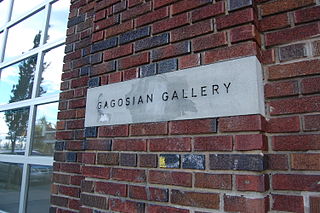A Quote by Reid Hoffman
Blitzscaling is what you do when you need to grow really, really quickly. It's the science and art of rapidly building out a company to serve a large and usually global market, with the goal of becoming the first mover at scale. This is high-impact entrepreneurship.
Related Quotes
I think the hallmark of a really good entrepreneur is that you're not really going to build one specific company. The goal - at least the way I think about entrepreneurship - is you realize one day that you can't really work for anyone else. You have to start your own thing. It almost doesn't matter what that thing is.
The goal of a private company is, first, zero to one. Get past the product market fit, figure out whether people actually care about what you're trying to build and someone will pay you money for that. That's the zero to one problem. So scaling, one through N, is figuring out can you do that at scale and how big is the scale. And when people pay you more than what it costs for you to make it, does that equation end up leaving you with money left over, i.e. profits.
Getting global innovation projects right is really important as they create competitive advantage two ways. When the knowledge for an innovation is from different sites around the world, it's very much more difficult for competitors to copy these innovation - they'd have to access the same knowledge from the same places. Secondly, costs and time to market can be significantly reduced leading to first mover advantage through parallel development in global projects.
From building a fire one can learn something about artistic composition. If you use only small kindling and large logs, the fire will quickly eat up the small pieces but will not become strong enough to attack the large ones. You must supply a scale of sizes from the smallest to the largest. The human eye also will not make its way into a painting or building unless a continuum of shapes leads from the small to the large, from the large to the small.
































